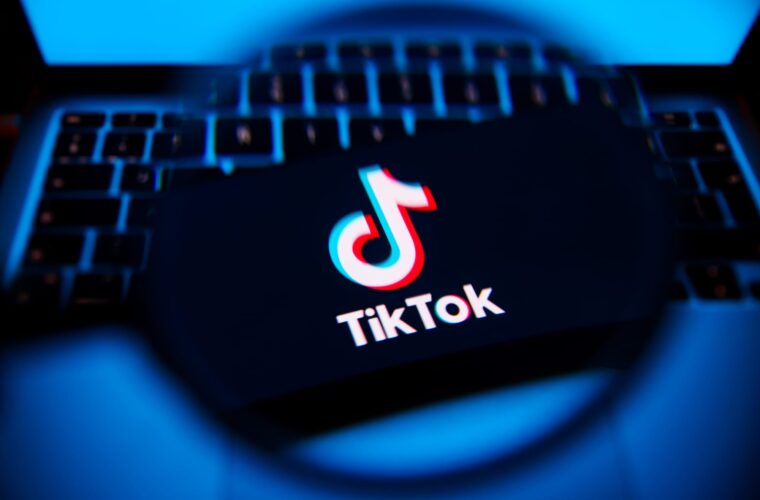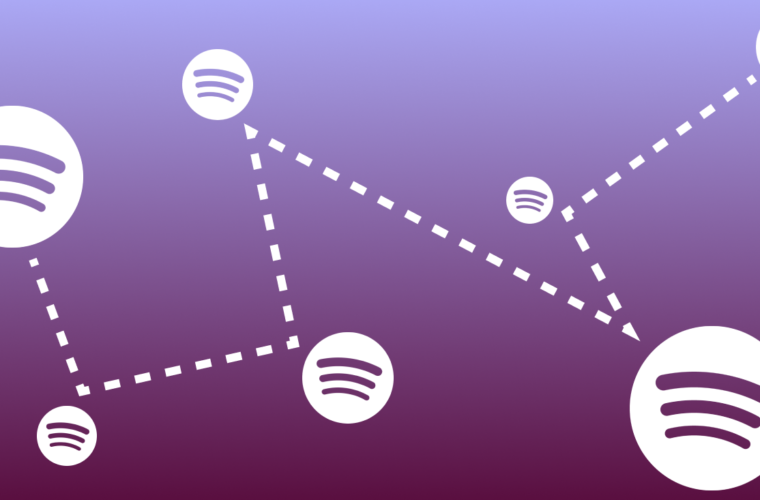After the United States, Europe also raised a wall against TikTok. The application, loved by the very young, has ended up in the crosshairs of the American government bodies but also of the European Union institutions, which want to avoid risks regarding the treatment of users’ personal data and the proximity to the Chinese communist regime of ByteDance, the company that owns TikTok.
These two fronts are too important for the social-app business, as the US and Europe represent important and profitable markets for the company. Giving them up is not an option, so a solution must be found that allows business to continue and enables ByteDance to maintain good relations with the respective government institutions.
In Washington, they are increasingly concerned about TikTok, which is considered a threat to national security precisely because of the Chinese government’s absolute power to impose rules on any company in the country. After laws were proposed in recent months that united Republicans and Democrats in calling for a ban on TikTok in the US, Congress decided to block the application on all government devices.
The decision was soon replicated by at least 24 states and, in recent weeks, also by many colleges. In the latter case, there were immediate protests from students, used to using TikTok and unconvinced about the measure’s effectiveness. Even though it blocks to use on devices connected to the university’s Wi-Fi networks, it is too easy for students to circumvent the block via the data connection on their smartphones.
To get an idea of the importance of the TikTok issue, it is useful to know that, as reported by the New York Times, about 65% of US teenagers use the app developed by ByteDance, which defends itself against the attacks while admitting that last December it fired four employees (two Chinese and two Americans) for having violated access to the sensitive information of some US users, including two journalists from Forbes and the Financial Times, who were spied on for their articles on the TikTok affair.
The Chinese have dismissed the matter by talking about an isolated case, contrary to the US government and the FBI, representing part of the dangers the country risks without blocking the application. The bone of contention is user privacy and the possibility that the Chinese Communist Party could exploit TikTok to spread disinformation and propaganda in its favour.
Like their European colleagues, American politicians are concerned about the amount of data TikTok collects that could end up in the hands of the Chinese government. According to ByteDance’s privacy policy, users of the app give out their name, password, phone number, private messages on the app, mobile networks used, contacts, credit card information used for transactions, and satellite location data.
This is one reason why several Republican senators have returned to the reload with a bill to ban downloading TikTok on all active devices in the United States. In addition to the immediate and indefinite block, the initiative includes US intelligence reports on the Chinese government’s ability to access US user data and exploit this information for surveillance, deep fakes, blackmail and micro-targeting.
In Europe, ByteDance must comply with European laws
Slightly softer but widespread among countries and different political camps is Europe’s position towards TikTok. The alarm of French President Emmanuel Macron, for whom we are faced with the ‘most disruptive social media for young people, which is deceptively innocent and addictive’, has been joined by the willingness of the institutions of the Netherlands, determined to avoid risks and stop government communications and advertising on the Chinese platform.
The move by the Dutch, where TikTok has around 3.5 million users, comes in the wake of growing concerns over the user data collected by ByteDance and stems from the Foreign Ministry’s indications that it is preferable to ‘suspend the use of the app for the government until TikTok has adjusted its data protection policy‘, announced in November.
In general, the European representatives want to understand how TikTok behaves with regard to data protection, content moderation and the protection of minors. The crucial point raised by Brussels is ByteDance’s obligation to comply with the Data Service Act, passed in the middle of last year by the European Union to increase the transparency and accountability of platforms regarding their operations, the prohibition of deceptive practices and certain types of targeted advertising.
Considering that the DSA provides for effects proportionate to the number of users of the service, TikTok falls under the stricter regime, which attracts more attention from European control institutions.
“As a platform that reaches millions of young Europeans, TikTok must fully comply with EU laws, including the Data Service Act. I have asked CEO Shou Zi Chew to demonstrate, as soon as possible, the efforts but also the results of this change,” explained European Commissioner Thierry Breton. Recalling that the DSA will come into full effect on 1 September 2023. This a request that ByteDance has promptly taken up.
“TikTok intends to comply with the DSA and other EU regulations, we have made available key resources at the company level to ensure our future compliance with the Regulation,” replied Caroline Greer, ByteDance spokesperson in Europe, which cannot afford to risk a ban that would jeopardise business and revenues in European markets. That is also why an ad for a Lead Compliance Officer has appeared on LinkedIn to help TikTok out of the quicksand.



